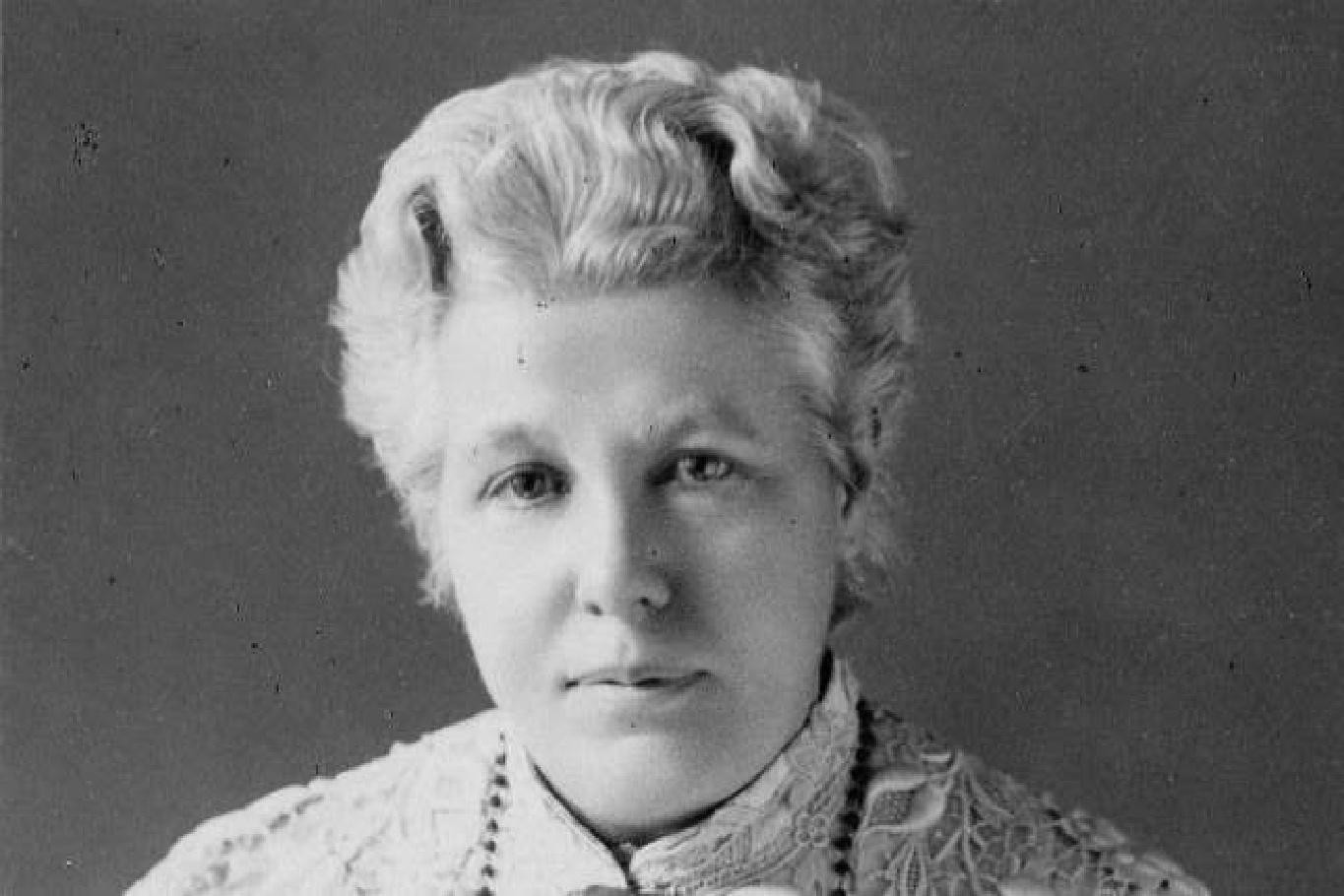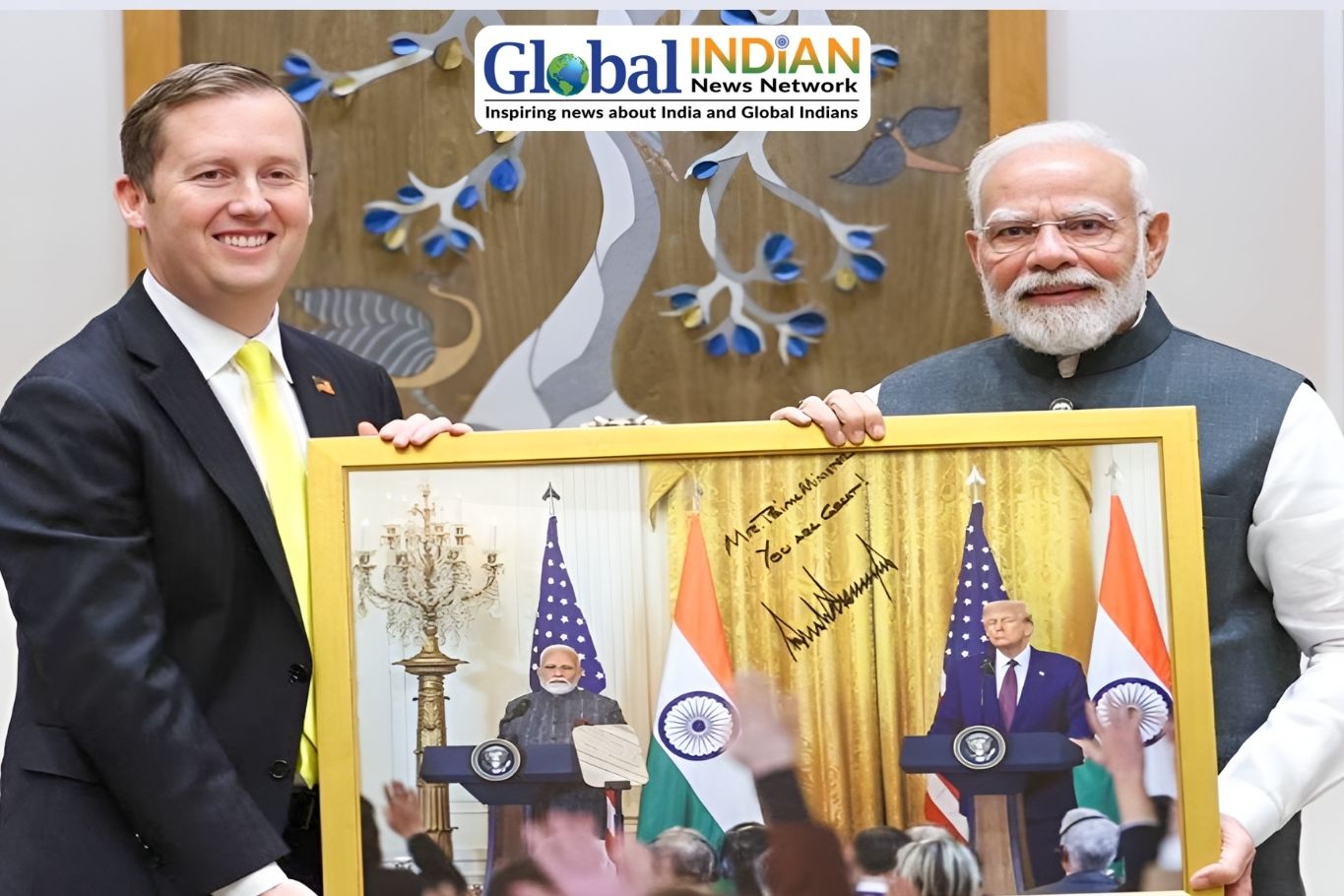
Annie Besant, born Annie Wood in London to a family of Irish descent, faced financial struggles after her father’s death when she was five. Despite this, her mother’s friend ensured she received an education. Raised with a strong sense of societal responsibility, Besant demonstrated independence from a young age. At 20, she married Frank Besant, a vicar, with whom she had two children before their eventual legal separation due to political disparities.
Throughout her life, Besant championed causes such as Irish self-governance and questioned established religious norms, including criticism of the Church of England. Her activism, which encompassed feminism, secularism, birth control, workers’ rights, and Fabian socialism, often led to societal backlash. Despite this, she was known for her eloquent public speaking and extensive travels.
In 1889, Besant embraced Theosophy after encountering Helena Blavatsky. This spiritual shift led her to India in 1893 as part of the Theosophical Society, eventually serving as its president from 1907 to 1933. Besant played a pivotal role in India’s independence movement, establishing institutions like the Central Hindu College (CHC) and advocating for self-rule within the Indian National Congress (INC).
During World War I, Besant famously stated that “England’s need is India’s opportunity.” In 1916, she co-founded the All India Home Rule League alongside Bal Gangadhar Tilak, advocating for self-rule. Despite her arrest by the government in June 1917, her detention sparked nationwide protests, with figures like Mahatma Gandhi petitioning for her release.
Finally freed in September 1917, Besant was hailed across India. Later that year, she assumed the presidency of the Congress. She continued her activism until her passing at the age of 85 in Adyar in 1933, where she was cremated, leaving behind a legacy of social reform and independence advocacy.











